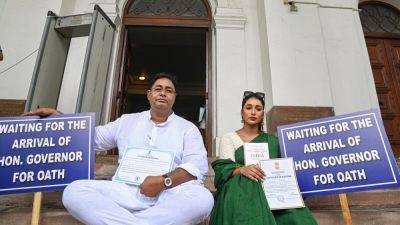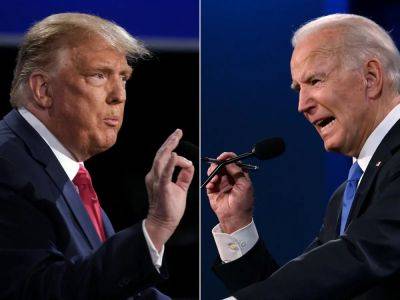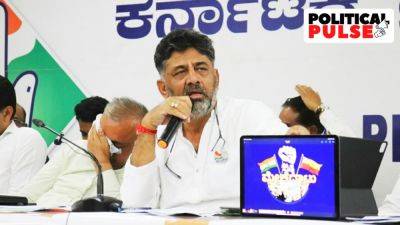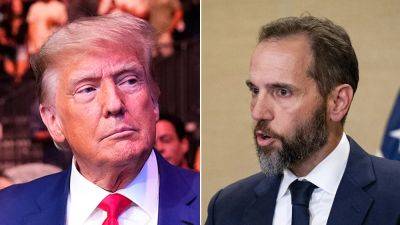2002 Gujarat riots, special status: Why most-valued partner TDP left NDA earlier
Coalition governments once used to be a mainstay of the Indian political landscape. Now, there is a return to the same after two terms of the BJP’s majority government.
In the results declared on Tuesday, the BJP was reduced to 240 seats, failing to reach the majority mark of 272. This leaves it dependent on the support of its allies, particularly Chandrababu Naidu’s Telugu Desam Party (TDP), which has 16 seats, and Nitish Kumar’s Janata Dal (United), with a strength of 12 seats.
Both the parties have put forth alist of demands, including preference for ministerial berths and the Speaker’s post.
The JD(U)’s tryst with the NDA is a well-told story, involving various exits and re-entries. However, the TDP’s too has been pretty eventful, including several threats to leave and snapping of ties:
The 1999 Lok Sabha elections followed the collapse of an NDA government led by Atal Bihari Vajpayee in 13 months. This government, which included the TDP and JD(U), fell after it was defeated in a vote-of-confidence by just one vote.
In the 1999 Lok Sabha elections, the BJP got 182 seats on its own. The TDP was then, too, the second biggest party in the NDA, with 29 seats, followed closely by the JD(U) at 21. The TDP-BJP alliance also paid dividends for the BJP in Andhra, leading to seven Lok Sabha seats for the party from the state.
Apart from these three, 14 other parties came together to form an NDA government, headed again by Vajpayee.
In his book Divided we Govern, Coalition Politics in India, political scientist Sanjay Ruparelia writes “that the TDP maintained a formal political neutrality vis-à-vis the BJP, in exchange for retaining dominance in Andhra Pradesh.”
However, Naidu also ensured his way on several issues.
“The BJP moderated







